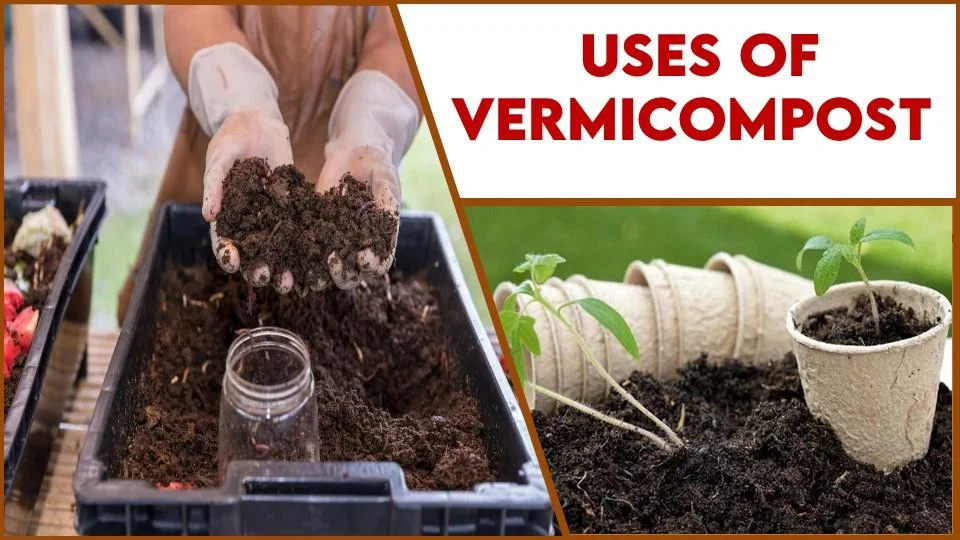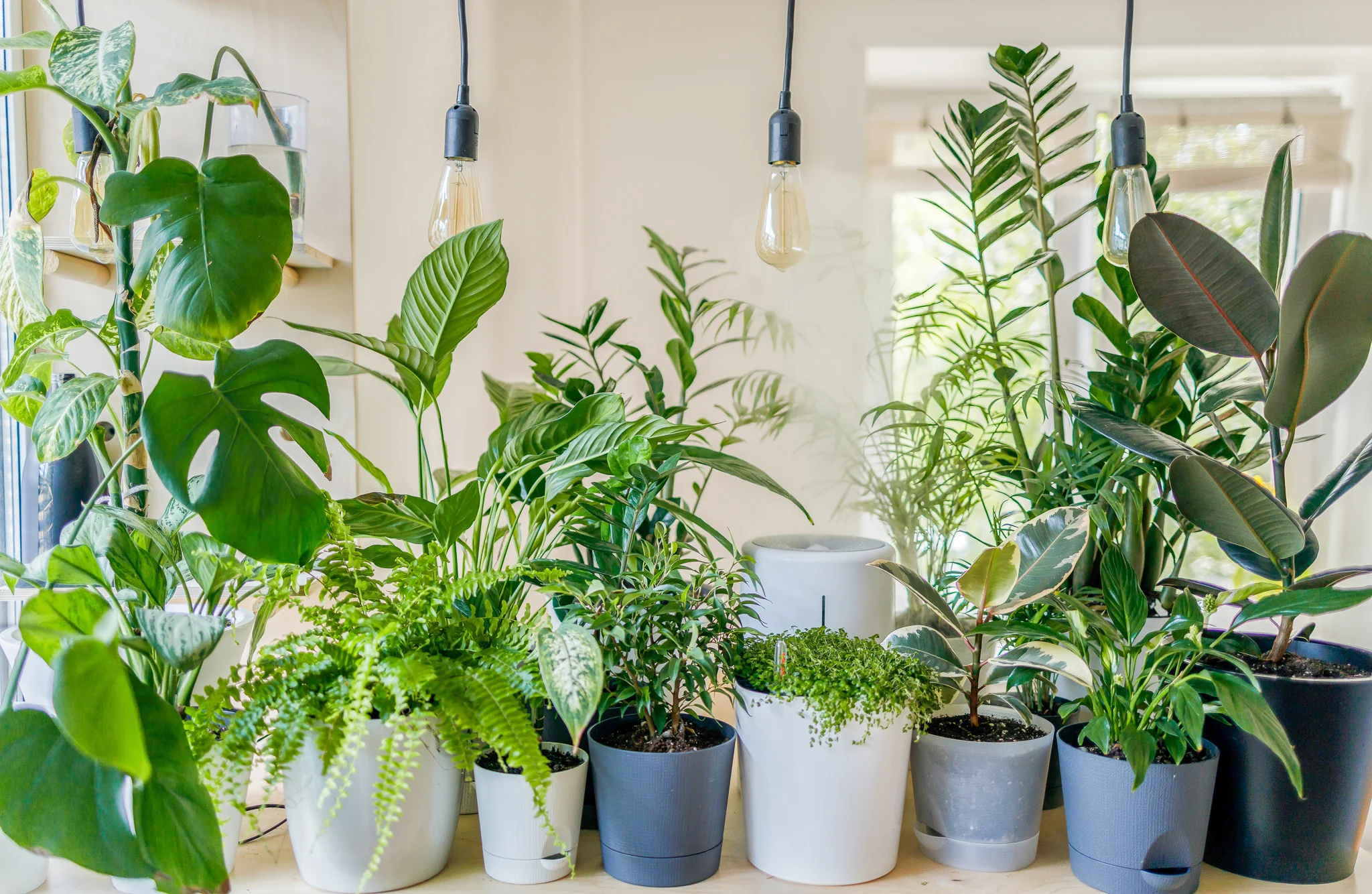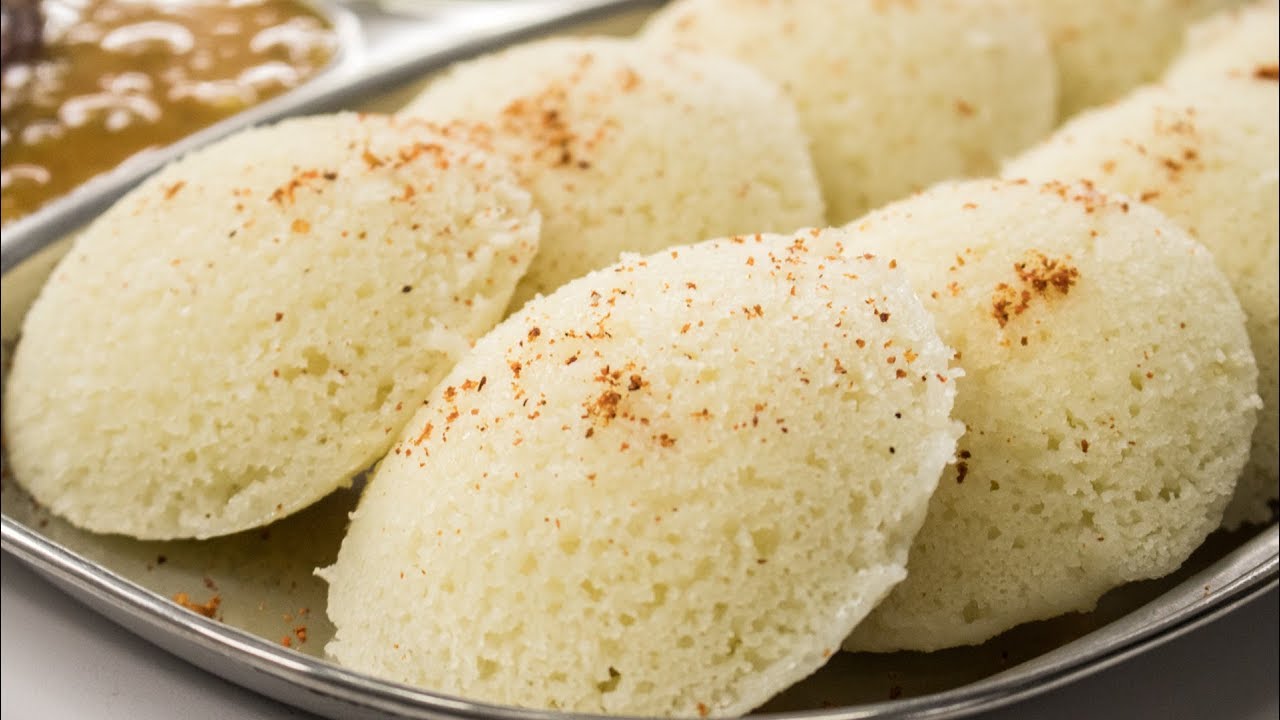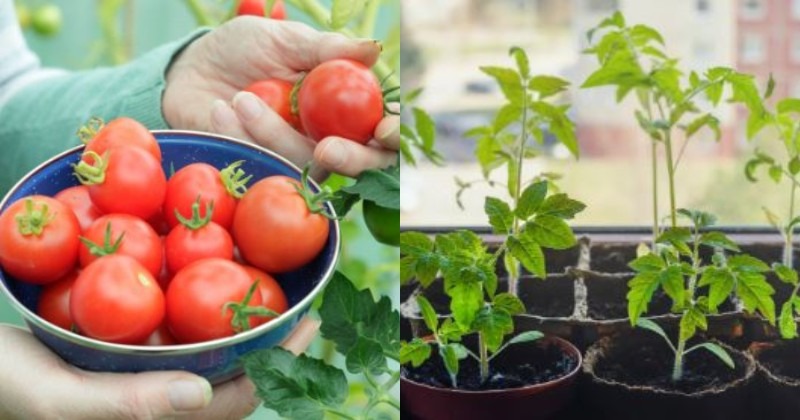Boost Plant Growth Without Chemicals
If you want strong, healthy plants without using chemical fertilizers, cow dung and vermicompost are two of the best natural options. Both are eco-friendly, rich in nutrients, and easily available in India.
They help improve soil, support plant growth, and keep your garden organic and safe. Whether you are growing vegetables on your balcony or managing a backyard garden, this guide will show you how to use these natural fertilizers correctly.
Why Use Natural Fertilizers?

Natural fertilizers are better for plants and the environment. Unlike chemical fertilizers, they do not harm soil life or pollute water. They release nutrients slowly, which helps plants grow steadily.
Benefits:
- Improve soil health
- Add organic matter to the soil
- Increase microbial activity
- Cost-effective and sustainable
- Safe for children and pets
Now, let’s understand how cow dung and vermicompost work and how to use them properly.
Cow Dung: India’s Traditional Fertilizer
Cow dung has been used in Indian farming for centuries. It is rich in nitrogen, phosphorus, potassium, and organic matter. It also contains beneficial bacteria that improve soil fertility.
Also Read Eco-Friendly Gardening Practices for Indian Homes
Types of Cow Dung Fertilizer
- Fresh Cow Dung
Should not be used directly. It can burn plant roots and cause foul smell. Needs time to break down. - Composted Cow Dung
This is well-decomposed cow dung. It is dark, crumbly, and smells like soil. Best for use in gardens. - Cow Dung Slurry
A mix of cow dung and water. Used for watering soil with added nutrients.
How to Compost Cow Dung at Home
If you have access to fresh cow dung (from local dairy or village), here’s how to compost it:
Materials Needed:
- Fresh cow dung
- Dry leaves or straw
- A pit or large container
Steps:
- Mix cow dung with dry leaves.
- Let it sit under shade for 30–40 days.
- Turn the mix every 5–7 days.
- When it turns blackish-brown and smells earthy, it’s ready.
How to Use Cow Dung in Gardening
- Soil Enrichment: Mix 1 part composted cow dung with 2 parts garden soil.
- Top Dressing: Spread around the base of plants every 20–30 days.
- Liquid Fertilizer (Cow Dung Slurry): Mix 1 part dung with 3 parts water. Let it sit for 1–2 days. Use this to water the plants.
Best For:
- Vegetable gardens
- Flowering plants
- Fruit trees
- Terrace gardens
Note: Avoid overuse. Apply once every 2–3 weeks.
Vermicompost: The Power of Earthworms
Vermicomposting is the process of using earthworms to turn kitchen and garden waste into high-quality compost. The worms eat the waste and leave behind nutrient-rich “worm castings.”
What is in Vermicompost?
Vermicompost contains:
- Nitrogen
- Phosphorus
- Potassium
- Enzymes
- Growth hormones
- Beneficial bacteria
It improves soil structure, holds moisture, and enhances plant growth.
How to Make Vermicompost at Home
You’ll need:
- A bin or pot with holes
- Red worms (Eisenia fetida)
- Kitchen waste (no spicy or oily food)
- Dry leaves or shredded newspaper
Steps:
- Place dry leaves at the bottom of the bin.
- Add food scraps and garden waste.
- Add worms and cover with moist cloth or lid.
- Keep in a cool, shaded area.
- Turn it weekly.
- In 30–45 days, you’ll get black, crumbly vermicompost.
How to Use Vermicompost in Gardening
- Mix with Potting Soil: Add 20–30% vermicompost to regular soil mix.
- Top Dressing: Spread a layer around plant roots every 3–4 weeks.
- Liquid Vermiwash: Mix vermicompost in water (1:4 ratio), let it settle overnight, and use the water to spray on leaves or water roots.
Best For:
- Indoor and outdoor plants
- Seedlings and saplings
- Fruits, vegetables, and flowering plants
Cow Dung vs. Vermicompost: What’s Better?
| Feature | Cow Dung Compost | Vermicompost |
|---|---|---|
| Nutrient Content | Moderate | High |
| Availability | Easily available | Needs setup or purchase |
| Composting Time | 30–40 days | 30–45 days |
| Soil Microbes | Good | Excellent |
| Smell | Mild to strong | Earthy smell |
| Cost | Often free | May cost ₹30–₹50/kg |
Conclusion: Use both if possible. Cow dung improves soil mass, and vermicompost boosts plant nutrition.
Tips for Indian Gardeners
- Avoid using fresh cow dung directly—always compost it first.
- Do not overwater after adding cow dung or vermicompost.
- Store cow dung and vermicompost in a dry, shaded area.
- Add neem cake or turmeric powder to prevent pests.
- Combine with natural mulch (dry leaves, cocopeat) for best results.
Common Mistakes to Avoid
❌ Using raw cow dung directly—can damage plant roots
❌ Overloading pots with compost—can cause root rot
❌ Feeding earthworms oily or spicy food—can kill them
❌ Keeping vermicompost too dry or too wet—worms may die
FAQs: Using Cow Dung & Vermicompost
Q1. Can I use cow dung for all types of plants?
Yes, but only after composting. Avoid on small indoor pots unless diluted.
Q2. Where can I get vermicompost in India?
You can buy it from local nurseries, online gardening stores, or government Krishi Kendras.
Q3. Can I use both cow dung and vermicompost together?
Absolutely. Mix them in a 1:1 ratio for healthy, fertile soil.
Q4. How often should I use vermicompost?
Every 3–4 weeks. Too much can lead to salt build-up in the soil.
Q5. Do worms in vermicompost harm the plants?
No. They help the soil and do not damage plants.
Final Thoughts
Cow dung and vermicompost are two of the most natural and powerful fertilizers available to Indian gardeners. They are affordable, sustainable, and effective. You can grow healthier vegetables, fruits, and flowers without harming the environment.
Start small—add cow dung compost to your pots, and try using vermicompost in your next planting. Your plants will thank you with faster growth, more flowers, and better harvests.
Gardening the natural way is not just good for plants, but also for you and the planet.
Author- Ayush














